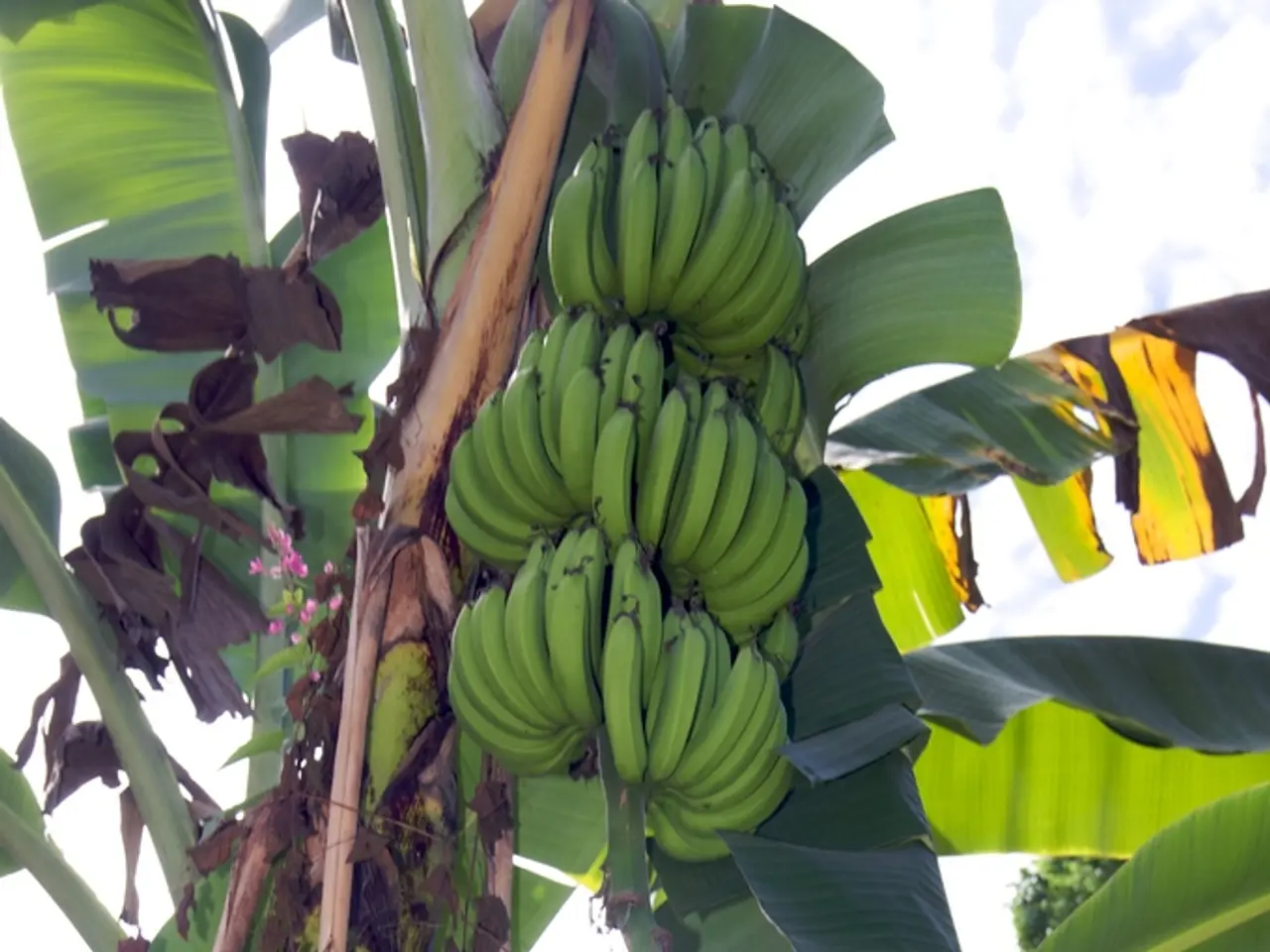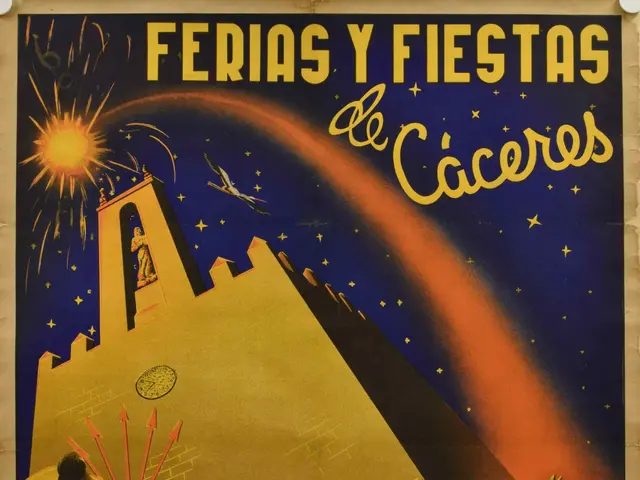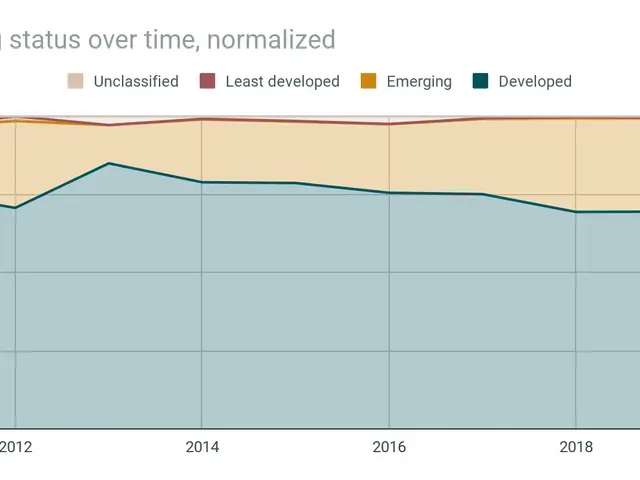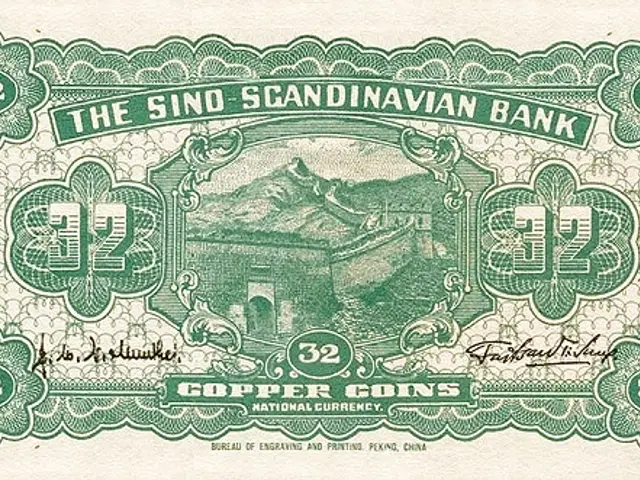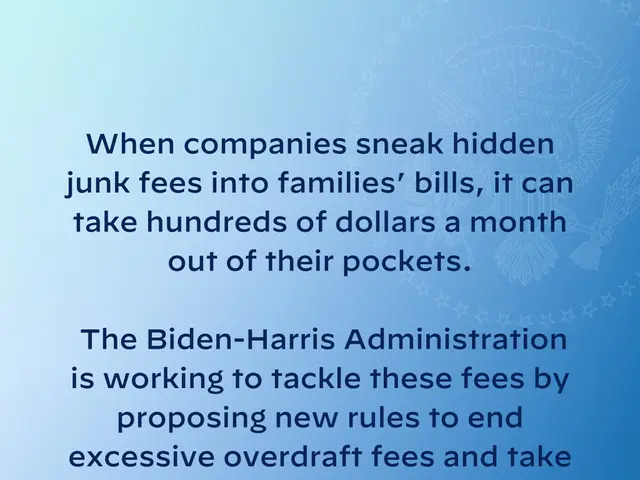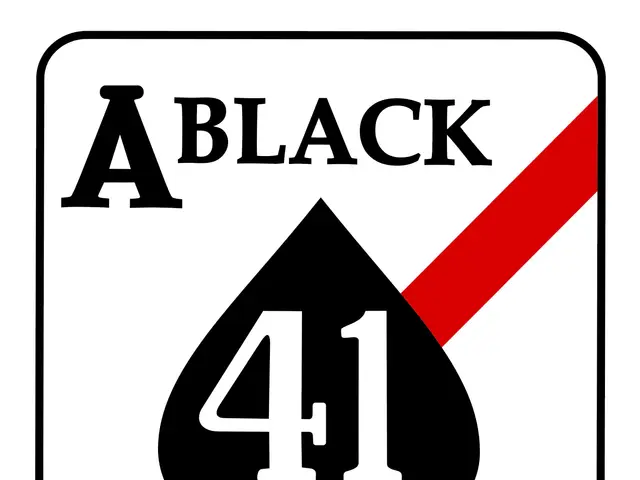Revolutionizing Ethical Procurement in Ghana's Cocoa and Agricultural Sectors Through Blockchain Technology
In a groundbreaking study, the significance of regulatory reform focusing on data privacy and interoperability, as well as strategic investment in blockchain technology, has been highlighted. This shift is particularly relevant for Ghana, a country rich in resources such as cocoa and gold, where blockchain technology is being increasingly adopted for supply chain transparency and ethical sourcing practices.
The research underscores the potential of blockchain to give Ghanaian products a competitive edge globally. Firms embracing new technologies have been found to be 56% more transparent, and this trend is evident in the agriculture sector, where companies utilizing blockchain technology displayed an 85% increase in supply chain transparency compared to traditional methods.
Notably, firms utilizing VeChain's blockchain solutions have demonstrated enhanced traceability and transparency, although specific Ghanaian company names are not detailed in available sources. The use of VeChain technology, which has been successful in various sectors for improving supply chain management and source verification, could translate well to Ghanaian export products such as cocoa.
The study also emphasizes the importance of education initiatives to help consumers understand blockchain's role in verifying product origins. Collaboration among stakeholders, investment in infrastructure, and targeted support for smallholder farmers are recommended to ensure wide adoption of blockchain.
Companies using blockchain systems achieved 36% higher transparency ratings than those not using such systems in the cocoa sector. Integrating blockchain is seen as a foundation for fair trade and consumer trust in Ghana's agricultural products. The transparency of supply chains also benefited substantially from blockchain integration in the cocoa sector.
The model employed in the study accounted for 68% of the variance in ethical sourcing practices, signifying robust predictive power for technology-based variables. In the cocoa sector, regression analysis showed a 47% increase in ethical sourcing practices among enterprises that implemented blockchain.
The study found that traditional variables such as company size, global expansion, supply chain complexity, and CSR initiatives did not have a significant impact on ethical sourcing within the cocoa sector. However, technology adoption in general was shown to correspond to a roughly 32% greater likelihood of firms engaging in ethical sourcing.
Blockchain technology, when applied in the cocoa sector, provides verifiable records of transactions, preventing data tampering and empowering stakeholders to trace each product's journey from farm to market. The long-term implications encourage continued inquiry into scalable blockchain solutions for sustainable sourcing and supply chain management.
The research model explained 72% of transparency variance, indicating a major influence by both technological adoption and blockchain-specific investment in the cocoa sector. The study encourages continued research into how blockchain can enhance advancement within Ghana's key agricultural sectors. The potential benefits of blockchain for Ghana's economy and global competitiveness are undeniable, making it a promising area for further exploration and investment.
Read also:
- Peptide YY (PYY): Exploring its Role in Appetite Suppression, Intestinal Health, and Cognitive Links
- Toddler Health: Rotavirus Signs, Origins, and Potential Complications
- Digestive issues and heart discomfort: Root causes and associated health conditions
- House Infernos: Deadly Hazards Surpassing the Flames
